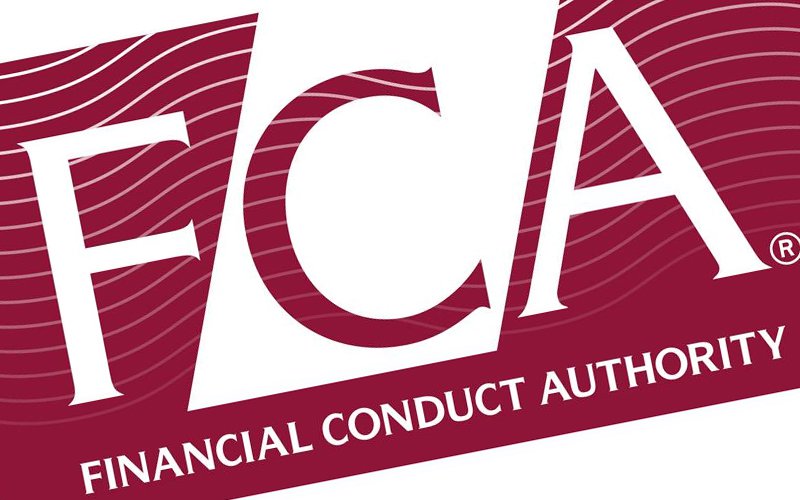The Court found in favour of the arguments advanced for policyholders by the FCA on the majority of the key issues.
Christopher Woolard, Interim Chief Executive of the FCA, commented:
‘We brought the test case in order to resolve the lack of clarity and certainty that existed for many policyholders making business interruption claims and the wider market. We are pleased that the Court has substantially found in favour of the arguments we presented on the majority of the key issues. Today’s judgment is a significant step in resolving the uncertainty being faced by policyholders. We are grateful to the court for delivering the judgment quickly and the speed with which it was reached reflects well on all parties.
‘Coronavirus is causing substantial loss and distress to businesses and many are under immense financial strain to stay afloat. Our aim throughout this court action has been to get clarity for as wide a range of parties as possible, as quickly as possible and today’s judgment removes a large number of those roadblocks to successful claims, as well as clarifying those that may not be successful.
‘Insurers should reflect on the clarity provided here and, irrespective of any possible appeals, consider the steps they can take now to progress claims of the type that the judgment says should be paid. They should also communicate directly and quickly with policyholders who have made claims affected by the judgment to explain next steps.
‘If any parties do appeal the judgment, we would expect that to be done in as rapid a manner as possible in line with the agreement that we made with insurers at the start of this process. As we have recognised from the start of this case, thousands of small firms and potentially hundreds of thousands of jobs are relying on this.’
Background
Many policyholders whose businesses were affected by the Covid-19 pandemic suffered significant losses, resulting in large numbers of claims under business interruption (BI) policies.
Most SME policies are focused on property damage and only have basic cover for BI as a consequence of property damage. But some policies also cover for BI from other causes, in particular infectious or notifiable diseases (‘disease clauses’) and non-damage denial of access and public authority closures or restrictions (‘denial of access clauses’). In some cases, insurers have accepted liability under these policies. In other cases, insurers have disputed liability while policyholders considered that it existed, leading to widespread concern about the lack of clarity and certainty.
The FCA’s aim in bringing the test case was to urgently clarify key issues of contractual uncertainty for as many policyholders and insurers as possible. The FCA did this by selecting a representative sample of policy wordings issued by eight insurers. The FCA’s role was to put forward policyholders’ arguments to their best advantage in the public interest. 370,000 policyholders were identified as holding policies that may be affected by the outcome of the test case.
Continue reading article…
















